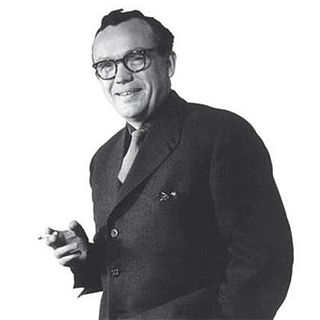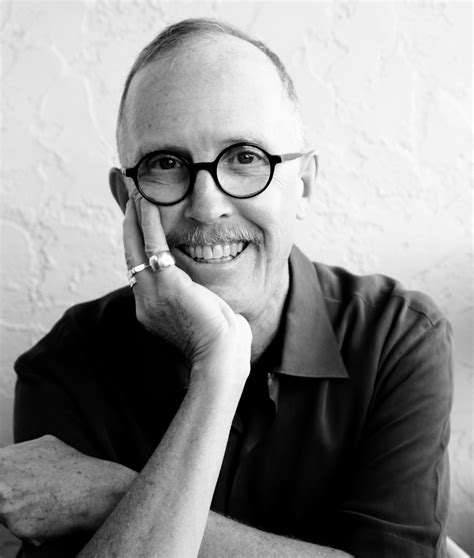A Quote by Finn Juhl
One shouldn’t despair over the fact that some of the developments one has hoped for were never produced but only became a beginning. Perhaps they will be revived some day in the future if necessary or reasonable, when the time is ripe
Related Quotes
True. The one certainty about riding, Braygan, is that - at some time - you will fall off. It is a fact. Another fact you might like to consider, in your life of perpetual terror, is that you will die. We are all going to die, some of us young, some of us old, some of us in our sleep, some of us screaming in agony. We cannot stop it, we can only delay it.
It is in the very nature of a beginning to carry with itself a measure of complete arbitrariness. Not only is it not bound into a reliable chain of cause and effect, a chain in which each effect immediately turns into the cause for future developments, the beginning has, as it were, nothing whatever to hold on to; it is as though it came out of nowhere in either time or space.
The Reformed tradition at the beginning of the twenty-first century is different as a consequence of this - and different in nontrivial ways. Some may scoff at this, saying that such "developments" don't represent Reformed thought. But by what standard? Perhaps by the Westminster Confession. But this is only one Reformed confession, and it was only ever a subordinate standard.
Trying to predict the future is a discouraging and hazardous occupation. If by some miracle a prophet could describe the future exactly as it was going to take place, his predictions would sound so absurd that people everyone would laugh him to scorn. The only thing we can be sure of about the future is that it will be absolutely fantastic. So, if what I say now seems to you to be very reasonable, then I will have failed completely. Only if what I tell you appears absolutely unbelievable have we any chance of visualizing the future as it really will happen.
Beginning today, I will create a new future by creating a new me. No longer will I dwell in a pit of despair, moaning over squandered time and lost opportunity. I can do nothing about the past. My future is immediate. I will grasp it in both hands and carry it with running feet. When I am faced with the choice of doing nothing or doing something, I will always choose to act! I seize this moment. I choose now.
Lectures broke into one's day and were clearly a terrible waste of time, necessary no doubt if you were reading law or medicine or some other vocational subject, but in the case of English, the natural thing to do was talk a lot, listen to music, drink coffee and wine, read books, and go to plays, perhaps be in plays.
There is perhaps no single factor contributing so much to people's frequent reluctance to let the market work as their inability to conceive how some necessary balance, between demand and supply, between exports and imports, or the like, will be brought about without deliberate control. The conservative feels safe and content only if he is assured that some higher wisdom watches and supervises change, only if he knows that some authority is charged with keeping the change "orderly.
If you go back a century in Europe, all over the place people were speaking different languages. There were dozens of languages in France and Italy, and they're all called French [and Italian], but they were not mutually comprehensible. They were different languages. And they have mostly disappeared in the last century or so. Some are being preserved, like Welsh, some are being revived, like Basque or Catelan to some extent. There are plenty of people in Europe who can't talk to their grandmother because they talk a different language.
An individual in despair despairs over something. . . . In despairing over something, he really despair[s] over himself, and now he wants to get rid of himself. Consequently, to despair over something is still not despair proper. . . . To despair over oneself, in despair to will to be rid of oneself-this is the formula for all despair.
And some day there will be nothing left of everything that has twisted my life and grieved it and filled me so often with such anguish. Some day, with the last exhaustion, peace will come and the motherly earth will gather me back home. It won't be the end of things, only a way of being born again, a bathing and a slumbering where the old and the withered sink down, where the young and new begin to breathe. Then, with other thoughts, I will walk along streets like these, and listen to streams, and overhear what the sky says in the evening, over and over and over.








































